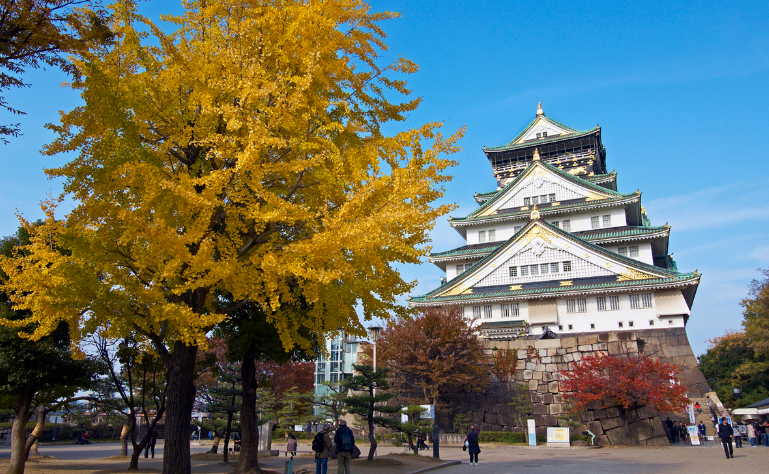The FIFA World Cup is the most prestigious international association football competition, often referred to as simply the World Cup. It is contested by the senior men's national teams of the member countries of FIFA, the sport's global governing body. The tournament has been held every four years since its inaugural event in 1930, with the exception of 1942 and 1946 due to World War II. Over the years, there have been many memorable moments and remarkable performances from teams and players.
1. Records of World Cup Winners
In the history of the FIFA World Cup, there have been a total of 21 editions, starting from 1930 to the most recent one in Qatar. Let's take a look at the list of past winners:
1930 (Uruguay): Uruguay emerged as the first-ever World Cup champions, defeating Argentina in the final. 1934 (Italy): Italy claimed their first World Cup title on home soil, beating Czechoslovakia in the final. 1938 (France): Italy successfully defended their title in France, defeating Hungary in the final. 1950 (Brazil): Brazil won their first-ever World Cup by defeating Uruguay in a memorable final match. 1954 (West Germany): West Germany claimed their maiden World Cup title, defeating Hungary in the final. 1958 (Brazil): Brazil won their second World Cup, led by a young Pele, who became the youngest player to score in a World Cup final. 1962 (Brazil): Brazil won their third World Cup, with Pele again playing a crucial role in their success. 1966 (England): In a tournament characterized by controversy, England won their first and only World Cup, defeating West Germany in the final. 1970 (Brazil): Brazil secured their fourth World Cup victory, showcasing a remarkable display of attacking football led by the iconic Pele. 1974 (West Germany): West Germany won their second World Cup, defeating the Netherlands in the final. 1978 (Argentina): Argentina claimed their first-ever World Cup, hosted by them, with Mario Kempes playing a starring role. 1982 (Italy): Italy emerged victorious for the third time, showcasing a fluid attacking style of play in the tournament. 1986 (Argentina): Argentina won their second World Cup, led by the legendary Diego Maradona and his infamous "Hand of God" goal. 1990 (West Germany): West Germany secured their third World Cup, defeating Argentina in a tense final match. 1994 (Brazil): Brazil won their fourth World Cup, with a team led by the skillful Romario and Bebeto. 1998 (France): France won their first-ever World Cup, as they hosted the tournament and defeated Brazil in the final. 2002 (Brazil): Brazil claimed their fifth World Cup, led by the attacking trio of Ronaldo, Rivaldo, and Ronaldinho. 2006 (Italy): Italy won their fourth World Cup, triumphing over France in a final that saw Zinedine Zidane's infamous headbutt. 2010 (Spain): Spain secured their first World Cup title, defeating the Netherlands in a tightly contested final. 2014 (Germany): Germany won their fourth World Cup, as they showcased a dominant style of play throughout the tournament. 2018 (France): France emerged victorious for the second time, defeating Croatia in the final played in Russia.2. Analysis of World Cup Champions
Upon analyzing the history of World Cup winners, we can observe some interesting patterns and trends:
Most Successful Nations: Brazil is unquestionably the most successful nation in World Cup history, having won the tournament a record 5 times. They are followed by Germany and Italy, who have each won the trophy 4 times. Argentina, Uruguay, and France have also had notable success in the competition. Back-to-Back Champions: Only two nations have successfully defended their World Cup titles. Italy achieved this feat in 1938 and Brazil followed suit by winning back-to-back titles in 1958 and 1962. Host Nation Advantage: The host nation has historically enjoyed a significant advantage in the World Cup. Of the 21 tournaments played to date, 7 of the winners have been the host nation. This suggests that home support and familiarity with the conditions play a crucial role in a team's success. European Dominance: European nations have been the most successful in the history of the World Cup, accounting for 12 out of the 21 champions. South American nations have won the tournament 9 times, with Brazil alone winning 5 of those titles. Emerging Nations: In recent years, there has been a rise of new contenders in the World Cup. Teams like Spain and Belgium have achieved impressive performances, reaching the latter stages of the tournament. This indicates a shift in the traditional power dynamics of the tournament.Conclusion
The FIFA World Cup, as the pinnacle of international football, has produced numerous moments of drama, skill, and triumph throughout its history. From the dominance of Brazil to the emergence of new contenders, the tournament has continuously evolved. As fans eagerly await the next edition of the World Cup, they can reflect on the rich history of the competition and the unforgettable champions it has crowned.

 微信扫一扫打赏
微信扫一扫打赏
 支付宝扫一扫打赏
支付宝扫一扫打赏

